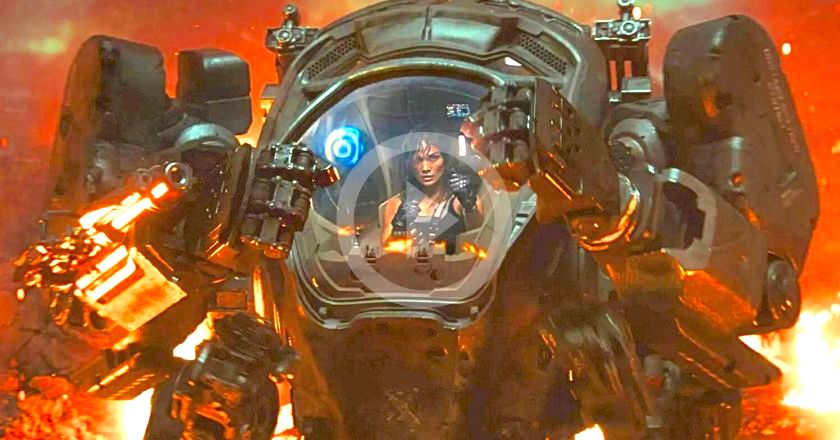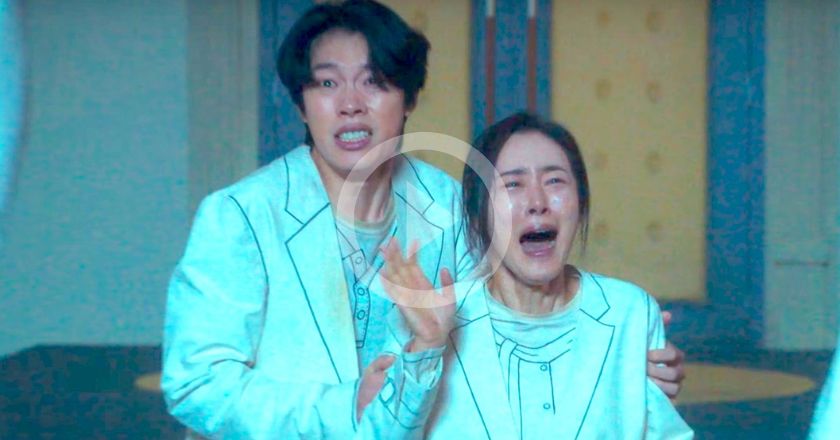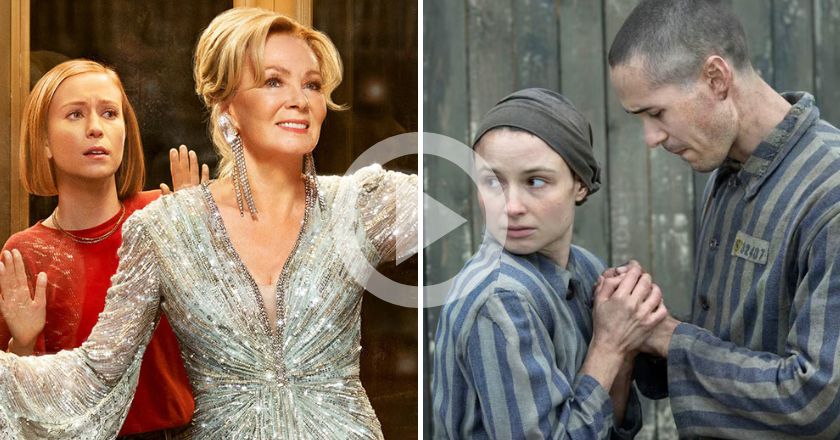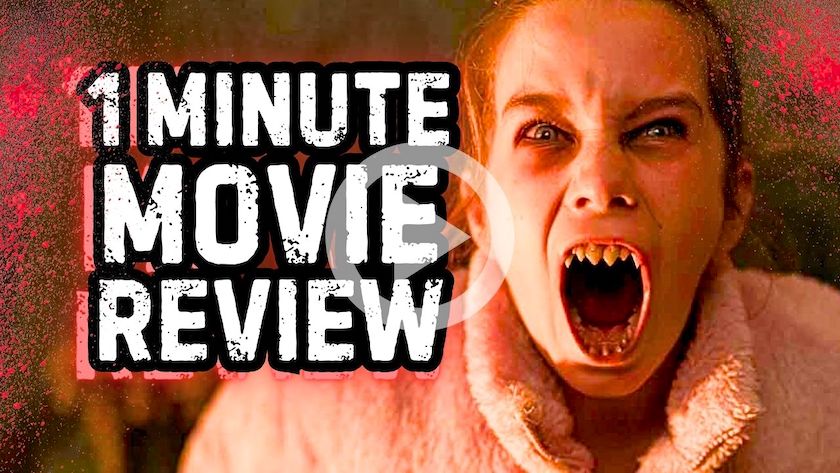
Thanks in no small part to Ricky Gervais’ The Office and the ensuing barrage of sitcoms it inspired, the “mockumentary” genre and its signature candid comedy is at a height of its popularity. What was at first an interesting gimmick has time and again proven to be a near perfect vehicle for character-centric comedy. The matter-of-fact presentation acts as a binder both to inject humour into the uncomfortably real aspects and to make palatable those that are more outlandish. The key to success then, is whether the mockumentary becomes a crutch for cheap gags and uninspired ideas (I’m looking at you Chris Lilley), or whether it’s utilised to draw out the comedic potential of a concept and its characters.
Luckily, comedic potential is something What We Do in the Shadows has in spades. Co-written, co-directed and co-starring Jemaine Clement (Flight of the Conchords) and Taika Waititi (Boy), WWDITS (even the acronym is a pain to type) follows a group of archetypal East-European vampires come Wellingtonian flat-mates. Viago (Waititi), Vladislav (Clement), Deacon (Jonathan Brugh) and the Nostferatu-inspired Petyr (Ben Fransham) are a quartet of centuries-old friends who long ago immigrated to New Zealand and now spend their days enjoying Wellington’s undead scene and bickering with each other as roommates often do. An early household meeting leads to an argument over proper roommate etiquette (namely doing the dishes and putting newspaper down on the good couch before bleeding out a victim), and instantly WWDITS defines itself as a glorious marriage of Flight of the Conchords‘ dry and satirical wit and the sometimes terrifying, sometimes ludicrous, tropes of gothic horror.

The film’s smartest choice is in making the vampires utterly cliché and over the top, rather than trying to modernise the myths. Absurd costumes and Transylvanian accents abound and contrast wonderfully with their unrelentingly mundane lives. The conceit is lovingly mined to provide a steady stream of comedic gems, such as the vampires trying to draw each other, as they can’t look in a mirror before a night out, or arguing with a bouncer, as they need to be invited into a club and can’t just walk in. There’s concern that the joke will wear out its welcome, but the script manages to keep the pace just long enough to stay enjoyable for its brisk 86-minute running time. Inevitably, there are some scenes that come across as juvenile or just generally less funny, but the bite-size package of the film ensures these moments don’t distract for long and are soon forgotten amongst all the comedy that works.
Waititi, Clement and their cast clearly had a ball making this movie, giving it a heart that ensures a smile on even the most jaded viewer. Even the charity-store design and goofy, cheap effects (Jemaine Clement’s transmogrification into cat-form is something that won’t soon be forgotten) brim with personality in the world they’ve created. While a lot of the film’s success is in its great script, WWDITS is blessed with an excellent cast that perfectly inhabit these larger than life characters in a very ordinary world. Waititi’s Viago is impossibly lovable and starry-eyed despite being an ungodly and parasitic abomination. You get the sense he genuinely hates having to kill to survive, but it’s presented more like someone who felt icky killing a fish they caught than some tortured and tormented soul. Vlad and Deacon more confidently embody their personas and revel in the hunt, but are both eccentric and oblivious in their own ways. The 8,000-year-old Petyr is more of a gimmick than a fully-fledged character, but a young local he inadvertently turns, named Nick (Cori Gonzalez-Macuer), rounds out the group as someone just as dim-wittingly ignorant to the vampire world as the rest are to his.
What We Do in the Shadows could very easily have been a cheesy gag stretched out into a feature, but Clement and Waititi instead give us a comedy that feels genuinely fresh. More importantly, it’s just plain funny. The film knows not to overstay its welcome and creatively uses its central idea as a starting point, rather than the joke itself. Between the engaging cast, steady momentum, and inventive universal humour, What We Do in the Shadows is likely to be the most enjoyable comedy of the year.
THE REEL SCORE: 8/10
– Z.P.







